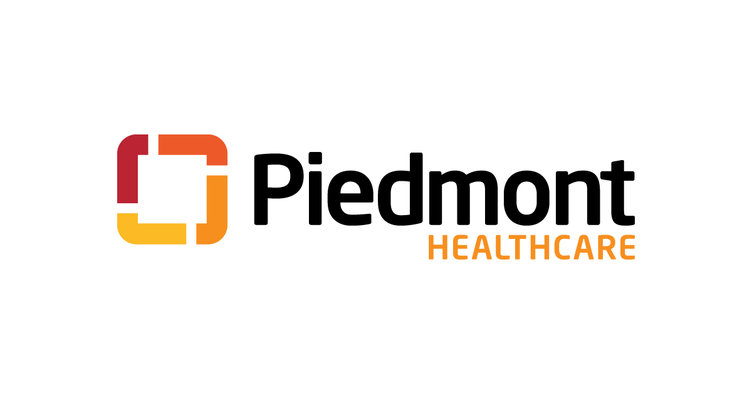CONYERS, Ga. – Piedmont Rockdale Hospital has been granted Chest Pain Center Accreditation with Primary PCI by the American College of Cardiology.
Hospitals that have earned ACC Chest Pain Center with Primary PCI Accreditation have proven exceptional competency in treating patients with heart attack symptoms and have primary PCI available 24/7 every day of the year. As required to meet the criteria of the accreditation designation, they have streamlined their systems from admission to evaluation to diagnosis and treatment all the way through to appropriate post-discharge care and recommendations and assistance in patient lifestyle changes.
“The cardiovascular services offered at Piedmont Rockdale are critically important to our community,” Richard Tanzella, CEO at Piedmont Rockdale Hospital, said. “During a rigorous onsite survey, our staff was assessed on their ability to evaluate, diagnose and treat patients who may be experiencing a heart attack. I’m proud of our team for meeting and exceeding an array of stringent criteria that must be met to receive accreditation.”
According to the Centers for Disease Control and Prevention, more than 730,000 Americans suffer a heart attack each year. The most common symptom of a heart attack for both men and women is chest pain or discomfort. However, women are more likely to have atypical symptoms. Other heart attack symptoms include, but are not limited to, tingling or discomfort in one or both arms, back, shoulder, neck or jaw, shortness of breath, cold sweat, unusual tiredness, heartburn-like feeling, nausea or vomiting, sudden dizziness and fainting.
Percutaneous coronary intervention is also known as coronary angioplasty. It is a non-surgical procedure that opens narrowed or blocked coronary arteries with a balloon to relieve symptoms of heart disease or reduce heart damage during or after a heart attack.
The American College of Cardiology leads in the formation of health policy, standards and guidelines. The College operates national registries to measure and improve care, offers cardiovascular accreditation to hospitals and institutions, provides professional medical education, disseminates cardiovascular research and bestows credentials upon cardiovascular specialists who meet stringent qualifications.
For more information on cardiovascular services available at Piedmont, visit www.piedmont.org.





